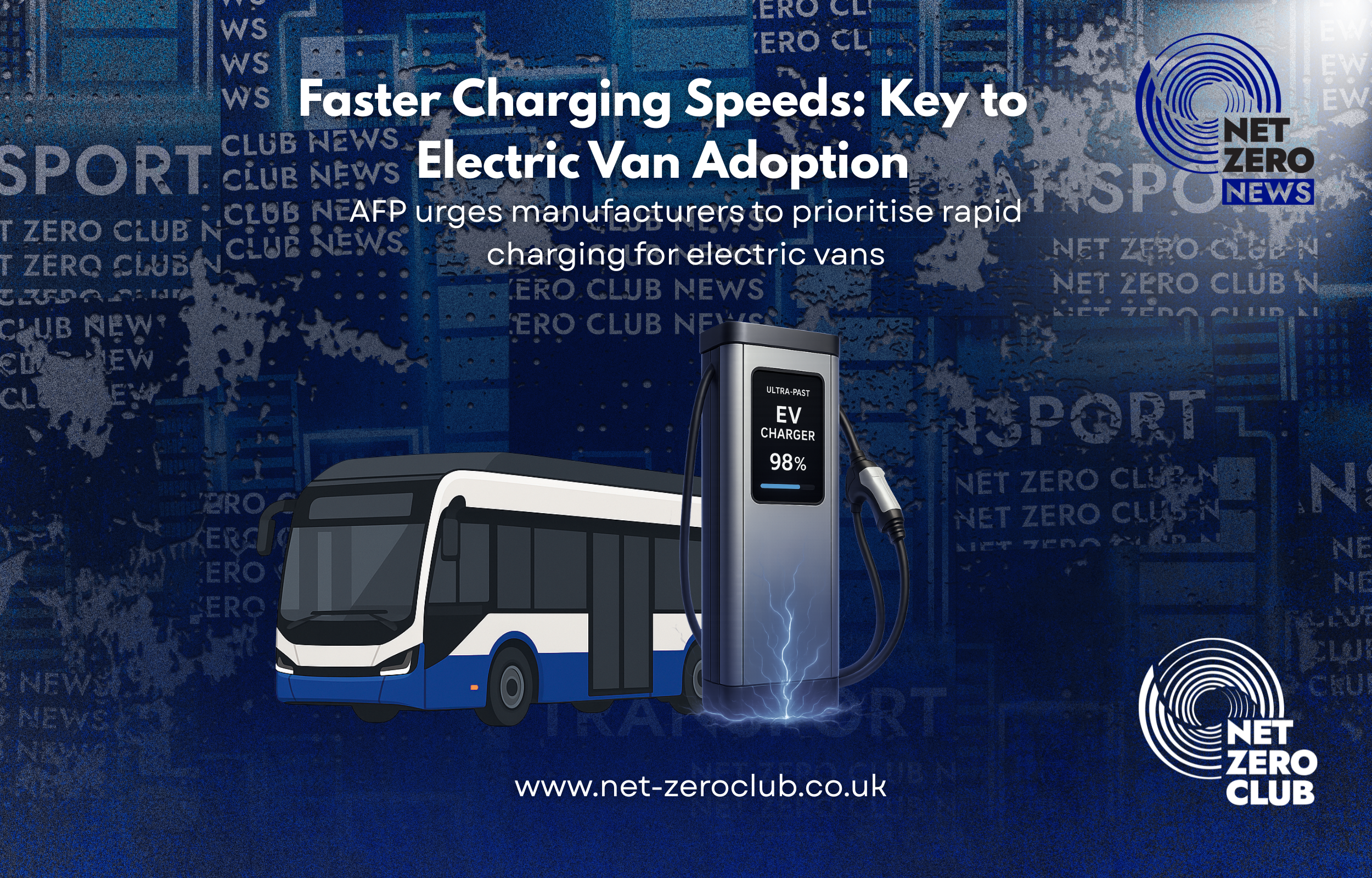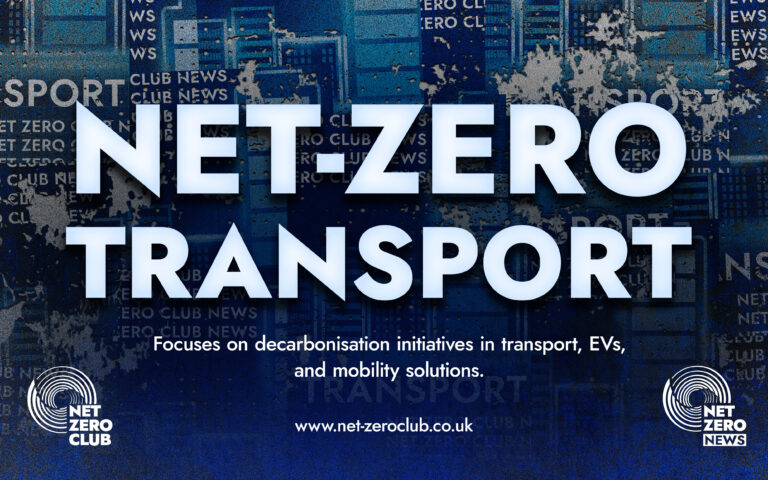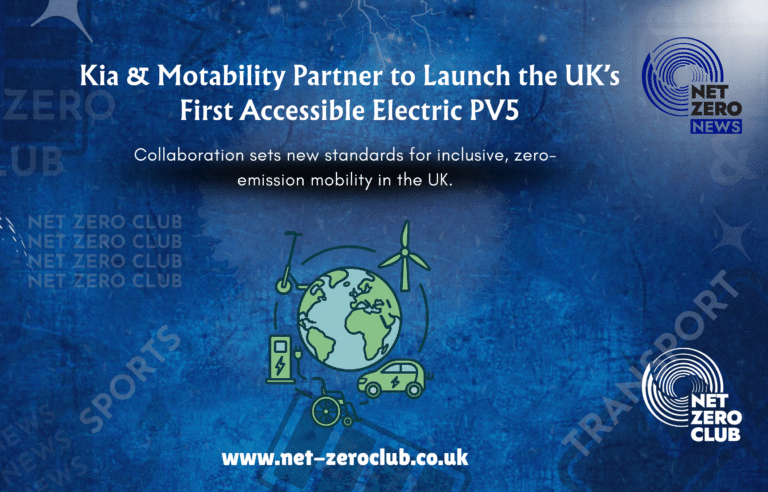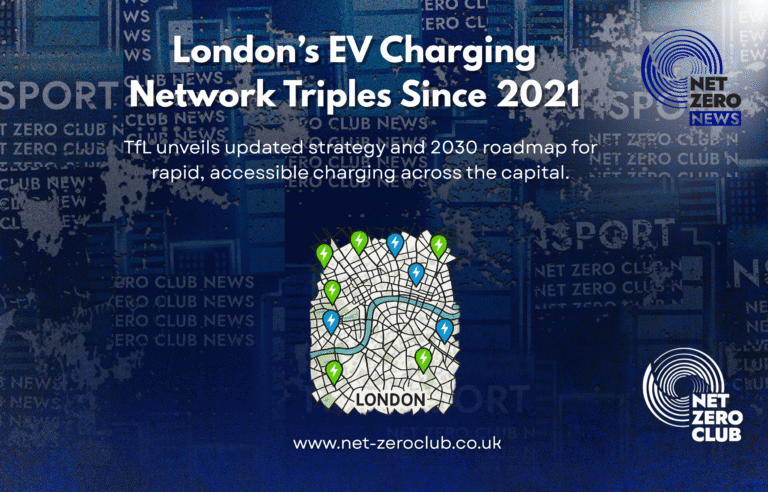Faster Charging Speeds Key to Future Electric Van Adoption

Welcome, Net Zero News readers,
The transition to electric vans is a pivotal step in our journey towards achieving net-zero emissions. However, the adoption rate of these vehicles within fleets is facing significant hurdles, primarily due to the slow charging speeds that currently plague the market. According to the Association of Fleet Professionals (AFP), faster charging solutions are essential for wider fleet adoption of electric vans.
Paul Hollick, the chair of the AFP, highlighted that while discussions around electric vans often focus on range and payload capabilities, it is the charging speed that tends to frustrate users in real-world scenarios. Currently, the charging speeds available for electric vans are significantly lower than those for electric cars, creating a bottleneck in their usability for fleet operators.
As it stands, electric vans from major manufacturers are rated for charging speeds between 50-125kWh. In ideal conditions, even the most efficient models require approximately 40 minutes to charge from 10% to 80%. Unfortunately, these ideal conditions are rarely met in real-world usage, often leading to longer wait times that can cost businesses both time and money.
“Having a driver sitting around for an hour while their van charges is expensive,” Hollick pointed out. He argues that if electric vans could achieve faster charging capabilities, many of the existing challenges associated with them would become more manageable. For instance, the detrimental effects of carrying higher payloads on range could be mitigated if drivers could recharge to 80% in just 15 minutes every 125 miles.
This critical issue was brought to the forefront during a recent meeting of the AFP’s Mega Fleet Committee, which includes members who manage particularly large fleets. Hollick noted that there is a prevailing perception among AFP members that manufacturers are prioritising lower purchase prices over the charging capabilities of vans. This attitude may stem from a misunderstanding of market demands.
“This misconception is understandable. However, the message we are hearing from our members is clear: they would be willing to pay more for faster charging capacity,” Hollick stated. Over a typical six-year fleet lifecycle, the additional expense for a van capable of rapid charging would be outweighed by the increased availability and productivity of drivers.
Hollick emphasised, “We believe that many more fleet operators would be won over to electric vans if an 80% charge was achievable in just 10-15 minutes.” He also stressed the importance of ensuring that drivers have access to charging points that can deliver the maximum speed of their vehicles. “If the van can charge up to 150kWh, fleets should aim to find public chargers that can accommodate this capability. All too often, drivers are left charging at 50kWh due to the high number of other vehicles using the same point.”
In addition to the pressing need for faster charging solutions, Hollick mentioned that the practicality of electric vans could see a significant boost with the potential removal of certain compliance requirements for 4.25-tonne electric vans. “As has been widely reported, the government is currently addressing the technical issues in this area, and we hope to see progress soon on eliminating what we consider unnecessary tachograph, driver hours, and MOT requirements.”
The AFP’s comments come on the heels of a report from FleetCheck, which revealed that many fleet operators remain resistant to adopting electric vans due to concerns regarding range, payload, charging speeds, and charger availability. This resistance has led to the conclusion that electric vans are, for many operators, “simply not fit for purpose.” FleetCheck has called for sales targets for electric vans to include low-emission options, emphasising that the current market share of 9% for fully electric vans falls significantly short of the UK’s goal of reaching 16% by 2025, and an ambitious 24% by 2026.
Hollick stated that AFP members are acutely aware of the growing pressure to comply with the Zero Emission Vehicle (ZEV) mandate, which is set to ramp up sales targets for electric vans. “Sales continue to lag behind government targets, but manufacturers will soon face intensified pressure to promote electric vans to fleet operators.”
Despite the challenges, FleetCheck has reported that many fleets are opting to retain their older diesel vehicles for as long as possible. However, the AFP has cautioned that the moment when operators can no longer rely on diesel and must embrace electrification is approaching swiftly. “With that moment fast approaching, we would like to see a greater understanding between manufacturers, fleets, and the government regarding the practicalities of electric van adoption,” Hollick remarked. “This is something we are actively working on through the Zero Emission Van Plan, created alongside the BVRLA and other industry stakeholders. Key areas of focus include rapid charging speeds and the frictionless use of 4.25-tonne models.”
Moreover, Hollick expressed concern about the reliability of the electric vans that have been introduced thus far. “Regrettably, many of the electric vans currently on the market have proven unreliable in everyday usage, sometimes due to faults that should have been identified during the design phase. We need to see more effective solutions from the next generation of models.”
In conclusion, while the transition to electric vans is crucial for achieving our net-zero goals, it is clear that significant barriers must be overcome to ensure widespread adoption. The industry must prioritise faster charging solutions and address the concerns of fleet operators to facilitate a smoother transition. As we move forward, collaboration among manufacturers, fleet operators, and government bodies will be essential in paving the way for a greener future.
Let us continue to advocate for solutions that enable a seamless shift to electric vehicles, ensuring that we remain on track for our net-zero ambitions. Together, we can make a significant impact in the fight against climate change, one electric van at a time.

 Got net-zero news, project updates, or product launches to share?
Got net-zero news, project updates, or product launches to share? 

